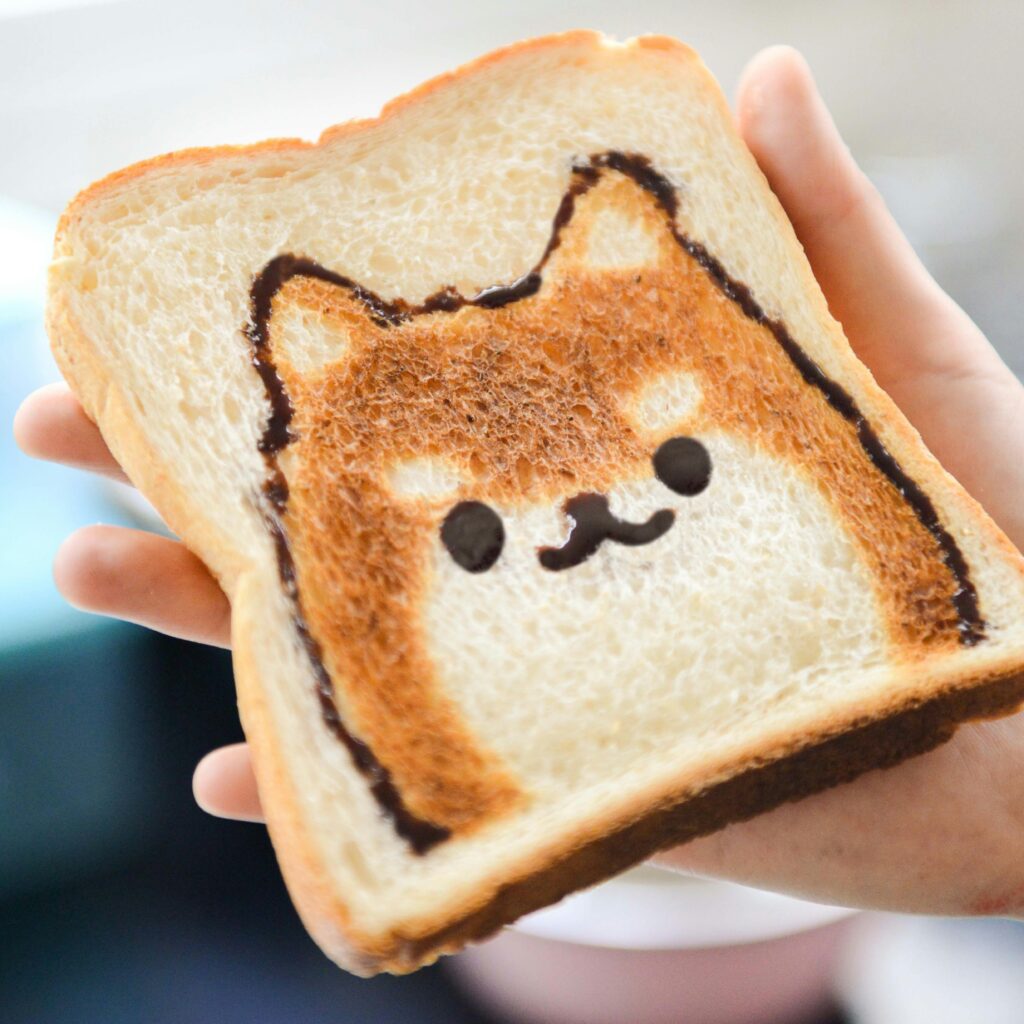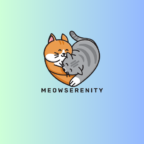Introduction
Pet care is a significant responsibility for animal lovers, and one of the most crucial aspects of this care is providing proper nutrition. As more pet owners become interested in preparing homemade meals for their furry companions, a common question arises: Can dogs and cats eat the same homemade food? This blog post will explore this topic in detail, providing insights into pet nutrition, homemade food options, and the specific dietary needs of both dogs and cats.

Understanding Pet Nutrition
The Importance of Balanced Diets
Proper nutrition is essential for the health and well-being of pets. A balanced diet provides the necessary nutrients, vitamins, and minerals that dogs and cats need to maintain optimal health. It is crucial to understand that while both dogs and cats are carnivores, their nutritional requirements differ significantly.
Differences Between Dog and Cat Nutritional Needs
- Dogs are omnivores and can digest a variety of foods, including plant matter.
- Cats are obligate carnivores, requiring a diet primarily composed of animal protein.
- Cats need higher levels of protein and certain amino acids like taurine, which dogs can produce naturally.
- Dogs can synthesize Vitamin A from beta-carotene, while cats require pre-formed Vitamin A from animal sources.
 Homemade Pet Food: Benefits and Risks
Homemade Pet Food: Benefits and Risks
Advantages of Homemade Pet Food
- Control over ingredients and quality
- Ability to cater to specific dietary needs or restrictions
- Avoidance of preservatives and artificial additives
Potential Risks of Homemade Diets
- Nutritional imbalances if not properly formulated
- Time-consuming preparation
- Higher cost compared to commercial pet foods
Can Dogs and Cats Share Homemade Food?
Shared Ingredients
While dogs and cats have different nutritional needs, some ingredients can be beneficial for both:
- Lean meats (chicken, turkey, lean beef)
- Fish (salmon, sardines)
- Eggs
- Certain vegetables (in moderation for cats)
Specific Nutritional Considerations
- Protein requirements: Cats need higher protein levels than dogs
- Taurine: Essential for cats, not required in dog diets
- Carbohydrates: Dogs can digest and utilize carbohydrates more efficiently than cats
Homemade Food Recipes for Dogs
Basic Dog Food Recipe
- 1 pound lean ground beef
- 1 cup cooked brown rice
- 1 cup mixed vegetables (carrots, green beans, peas)
- 1 tablespoon olive oil
- 1 multivitamin supplement (as recommended by a veterinarian)
Note: Always consult with a veterinarian before starting a homemade diet to ensure it meets your dog’s specific nutritional needs.
Homemade Food Recipes for Cats
Basic Cat Food Recipe
- 1 pound cooked chicken or turkey (dark meat)
- 1/4 cup steamed and mashed carrots
- 1/4 cup cooked and mashed green beans
- 1 tablespoon bone meal
- 1 taurine supplement (as recommended by a veterinarian)
Caution: Homemade cat food requires careful balancing of nutrients. Consultation with a veterinary nutritionist is highly recommended.
How to Transition Pets to Homemade Food
Gradual Introduction
- Start by mixing small amounts of homemade food with their regular diet
- Gradually increase the proportion of homemade food over 7-10 days
- Monitor your pet’s reaction and adjust as necessary
Monitoring Your Pet’s Health
- Regular vet check-ups to assess overall health
- Watch for changes in weight, coat condition, and energy levels
- Be prepared to adjust the diet based on your pet’s individual needs
Common Mistakes to Avoid in Homemade Pet Food
- Neglecting to include essential nutrients
- Overfeeding or underfeeding
- Using ingredients harmful to pets (e.g., onions, garlic, grapes)
- Failing to consult with a veterinarian or animal nutritionist
The Role of Commercial Pet Food
Advantages of Commercial Diets
- Convenience and consistency
- Formulated to meet specific nutritional standards
- Often more cost-effective than homemade diets
Combining Homemade and Commercial Foods
- Some pet owners opt for a mixed approach
- Can provide variety while ensuring nutritional balance
- Discuss this option with your veterinarian
Expert Opinions on Homemade Pet Diets
Veterinary nutritionists generally agree that while homemade diets can be beneficial, they require careful planning and execution. Dr. Jennifer Larsen, a veterinary nutritionist at the University of California, Davis, states, “Homemade diets can be appropriate for pets, but they must be formulated carefully to avoid nutritional imbalances.”
Conclusion
While dogs and cats can share some ingredients in homemade foods, their distinct nutritional needs make it challenging to feed them the same diet. Cats require a more protein-rich, meat-based diet, while dogs can tolerate a more varied menu. If you choose to prepare homemade meals for your pets, it’s crucial to consult with a veterinarian or animal nutritionist to ensure the diet meets all of your pet’s nutritional requirements. Remember, the goal of pet care is to provide a healthy, balanced diet that supports your furry friend’s well-being and longevity. Additional Resources
